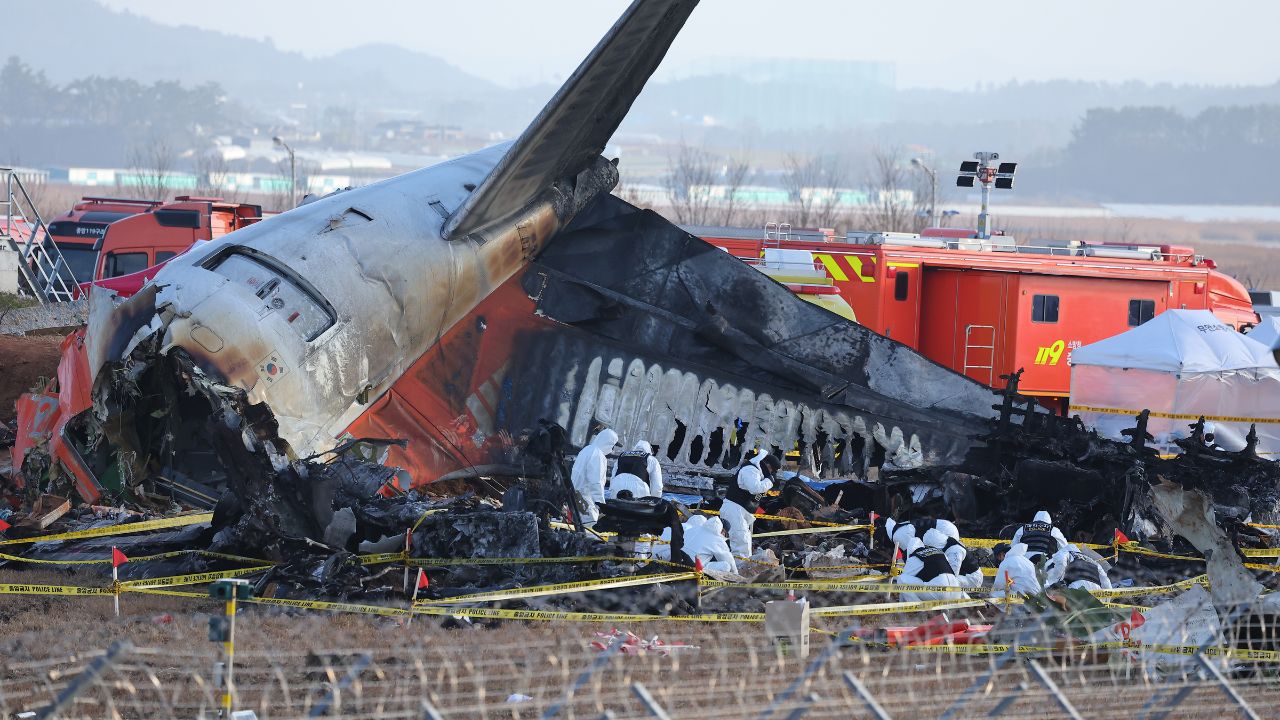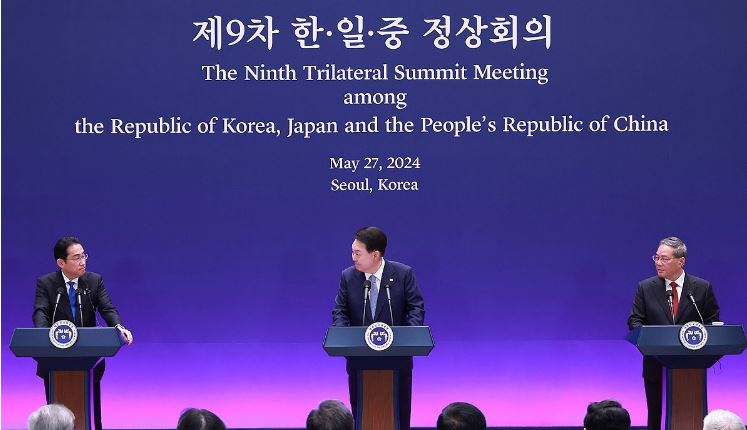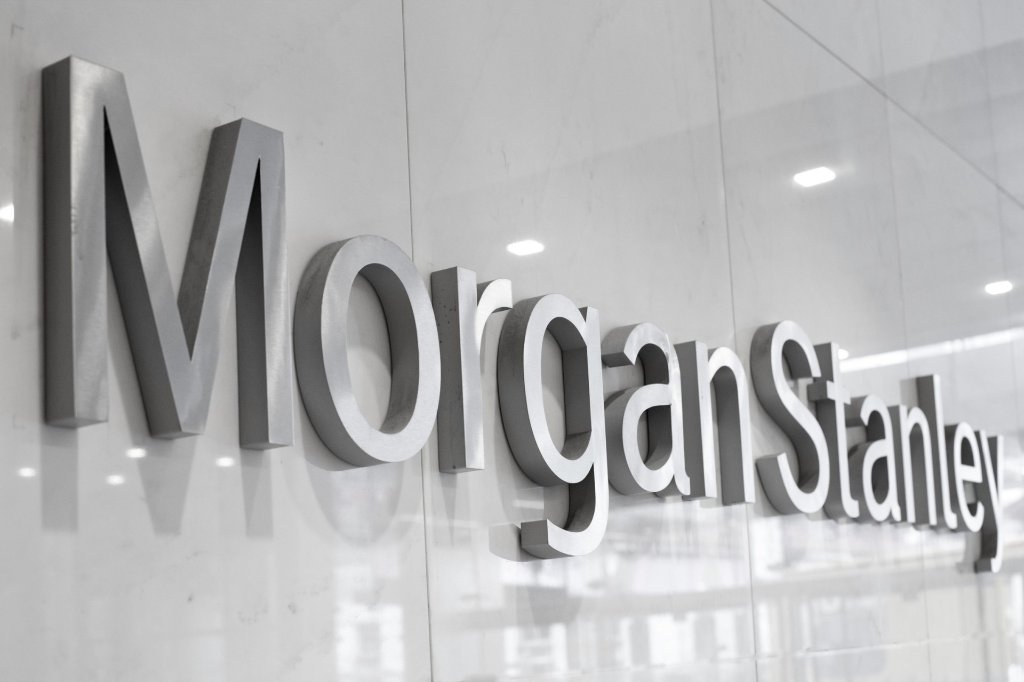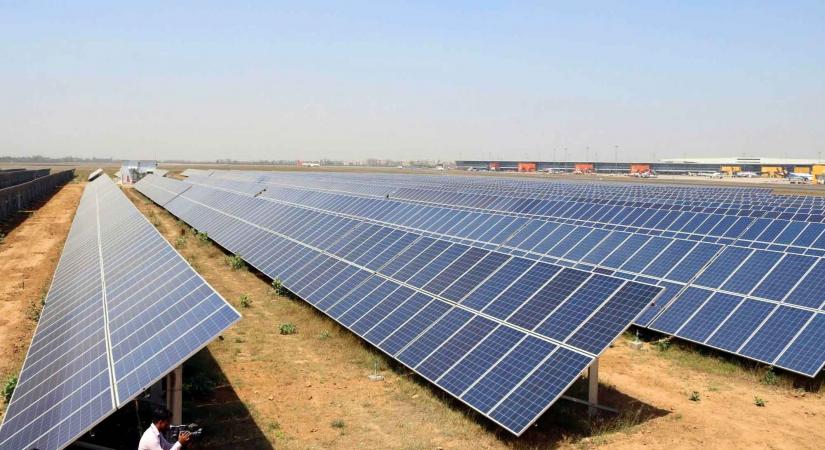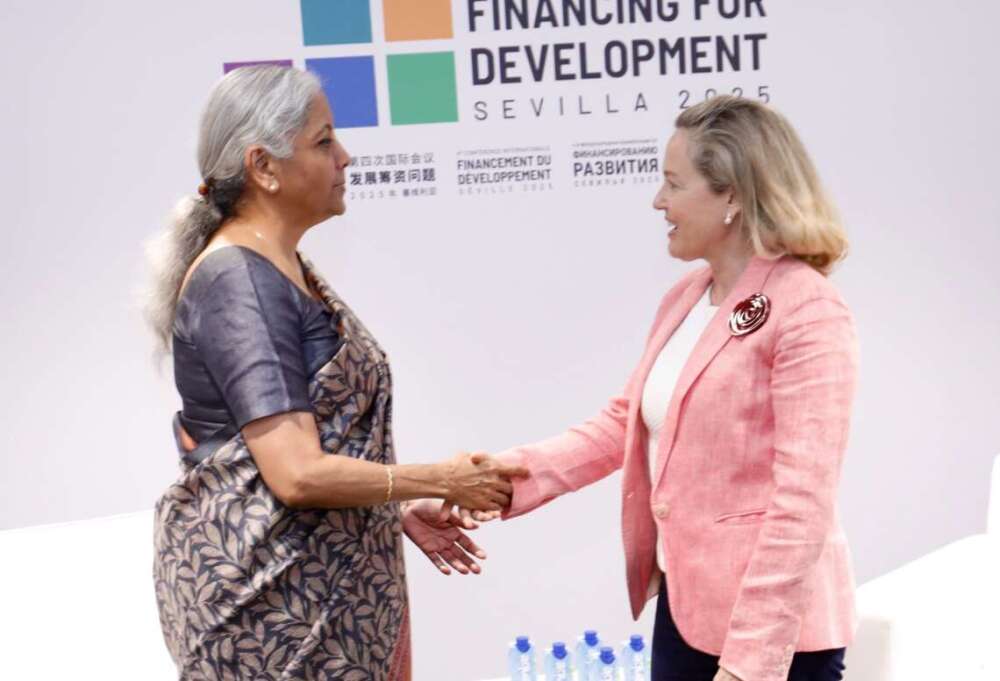Last year’s drop was led by sinking sales in China and Russia amid escalating geopolitical risks…reports Asian Lite News
South Korean carmakers’ global market share inched down in 2022 from a year earlier due largely to weaker sales in China and Russia, industry data showed.
Local automakers accounted for 7.3 per cent of vehicle sales in the world’s eight major markets last year, down from 7.7 per cent in 2021, according to the data from the Korea Automobile Manufacturers Association (KAMA).
Hyundai Motor and Kia are South Korea’s two biggest carmakers, with three other smaller rivals — GM Korea, Renault Korea Motors and KG Mobility, formerly SsangYong Motors — operating in Asia’s fourth-largest economy.
Their share was the fifth largest in the world. The eight markets are the United States, Europe, China, India, Mexico, Brazil, Russia and the Association of Southeast Asian Nations (ASEAN), reports Yonhap news agency.
Last year’s drop was led by sinking sales in China and Russia amid escalating geopolitical risks, KAMA said.
Local carmakers’ share of the Chinese market slumped to 1.6 per cent last year from 2.4 percent a year earlier, with that of the Russian market shrinking to 17.8 per cent from 22.7 per cent.
Their portion of the Indian market also edged down to 21.3 per cent from 22.3 per cent over the cited period.
But they reported gains in other markets, with their share of the American market rising to 10.7 percent from 10 percent.
European companies posted the highest market share of 25.8 per cent, followed by Japanese carmakers with 25.3 per cent, Chinese firms with 19.5 percent and U.S. automakers with 18.4 per cent.
China became the world’s third-largest car seller in 2022 for the first time, overtaking their U.S. rivals.
The data also showed the global electric vehicle market soaring 43.4 per cent in 2022 from a year earlier, despite sluggish overall vehicle sales.
Europe took up the biggest share of the world EV market at 46.3 per cent, followed by China with 31.2 per cent and the U.S. with 12.3 per cent.



